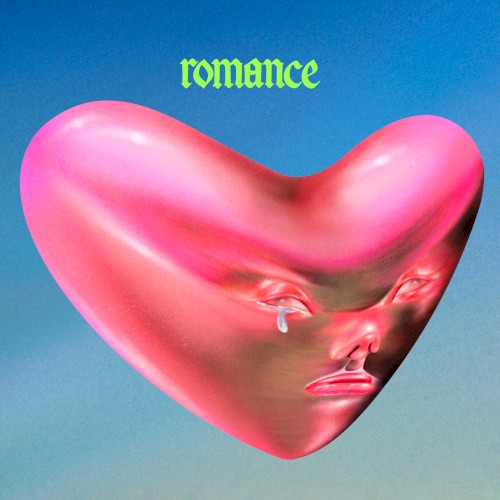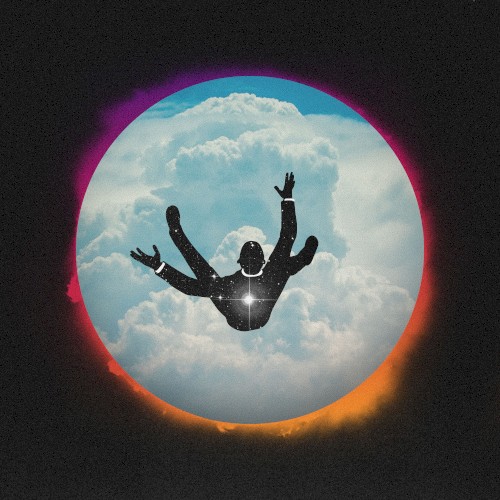On Air
MOLLY BALMES
until 12:00 PM
Newsletter
Now Playing
Recently Played
Crazy For You
Best Coast
5 minutes ago
Dear Athena
Sierra Sikora
8 minutes ago
The Less I Know The Better
Tame Impala
12 minutes ago

Somebody Told Me
Killers, The
15 minutes ago
SUNSHINE
SNACKTIME
18 minutes ago
King of Shadow
Kat Cunning
21 minutes ago
Talk Like That
Wallows
23 minutes ago
Get Your Head Right
Elsinore
28 minutes ago
rely
flor
31 minutes ago
High and Dry
Radiohead
35 minutes ago

totalimmortal
AFI
38 minutes ago

Starburster
Fontaines D.C.
41 minutes ago
Silver and Cold
AFI
45 minutes ago
Freedom at 21
Jack White
48 minutes ago
Another Life
Alabama Shakes
53 minutes ago
Out of Focus (Little Kids)
Umphrey's McGee
Over an hour ago
Know Your Enemy
Rage Against the Machine
Over an hour ago

Timebomb
Walk The Moon
Over an hour ago
Rock N Roll
Langhorne Slim
Over an hour ago

Dark Necessities
Red Hot Chili Peppers
Over an hour ago
Love Me Like You Used To Do
Margo Price
Over an hour ago
Lift This Curse
Redlight King
Over an hour ago
The Game
Milky Chance
Over an hour ago
No Good
Ashland
Over an hour ago
Salt Then Sour Then Sweet
Sara Bareilles ft. Brandi Carlile
Over an hour ago

Kids
MGMT
Over an hour ago
Outlaw
Sneaky Bones
Over an hour ago
lost
almost monday
Over an hour ago

Death By Diamonds And Pearls
Band Of Skulls
Over an hour ago